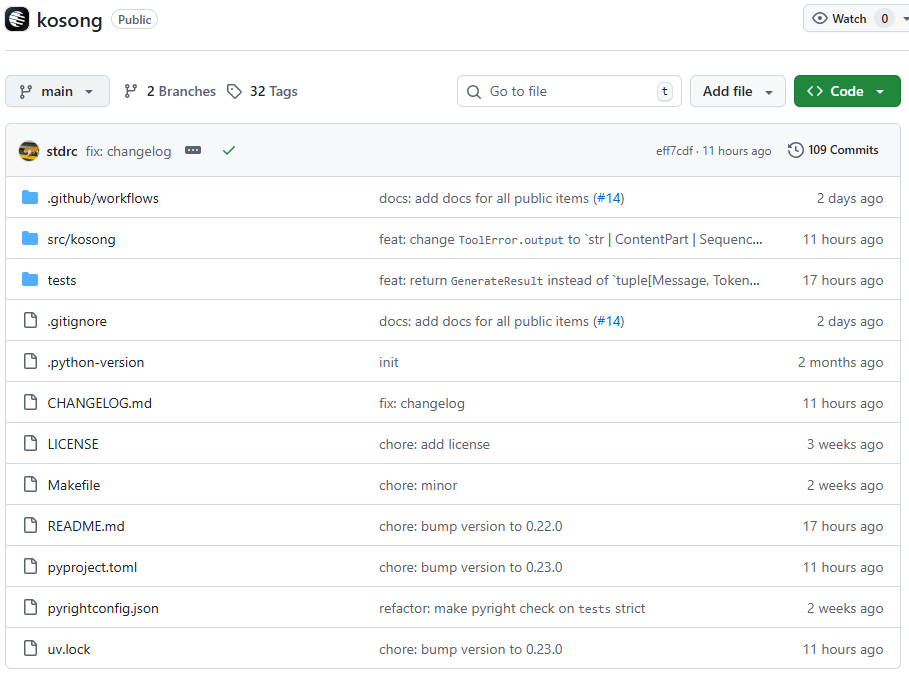Basic Memory is a knowledge management system developed by Basic Machines. It leverages natural conversations with LLMs like Claude to build persistent knowledge, storing it locally in Markdown files. It uses the MCP protocol to enable LLMs to read and write to this local knowledge base.
Most LLM interactions are ephemeral and lack contextual background. Existing solutions have limitations. Basic Memory offers significant advantages: locally stored knowledge under user control; bidirectional read/write access to the same file by both the user and the LLM; clear and simple structure using Markdown and semantic modeling; a traversable knowledge graph for easy LLM tracking and linking; compatibility with editors like Obsidian; and a lightweight infrastructure that only indexes local files.
In practical application, let's take exploring coffee brewing methods as an example. The user first shares their experiences through conversation, then lets the LLM structure this knowledge, generating a Markdown file with semantics and links that can be viewed and synchronized in real-time. By referencing the conversation topic, the LLM can build a rich context, enabling bidirectional manipulation of the file by both the user and the LLM, keeping the knowledge local.
Technically, it stores content in Markdown files and uses a SQLite database for search indexing. It extracts semantics from Markdown to create Entity objects, including Observations and Relations, to build a knowledge graph. It provides bidirectional synchronization and implements the MCP protocol for cross-tool entity referencing. The file format includes a preface, Observations, and Relations.
The system works well with Claude Desktop. After configuration, knowledge synchronization is possible, and the LLM can utilize various tools. Users can experiment with different prompt instructions. Basic Memory is open-source, licensed under AGPL-3.0, offering a new approach to knowledge management and empowering users to build personalized knowledge bases.










